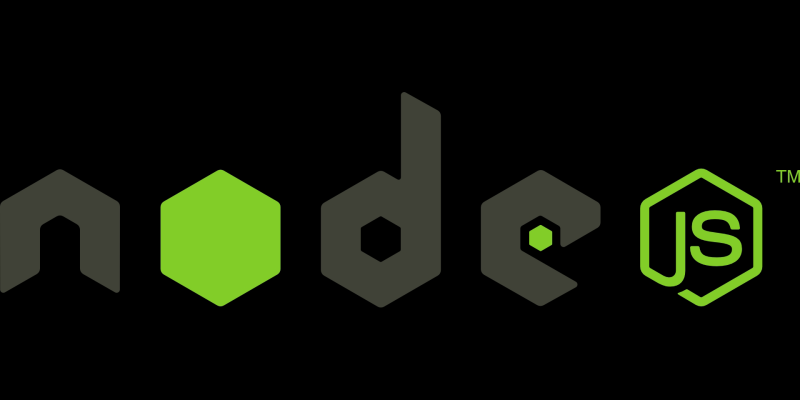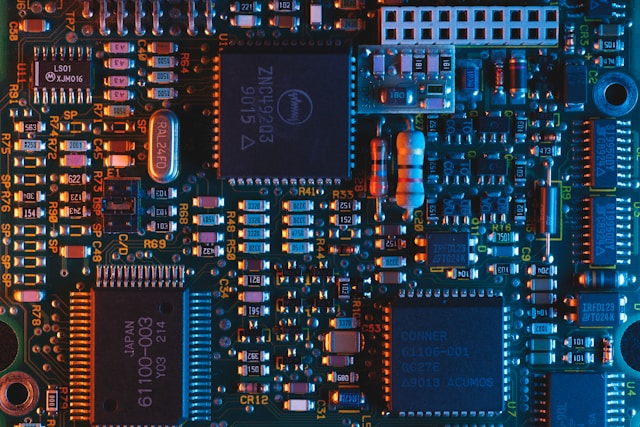
PHP vs Node.js: Which One Is Best?
Updated Monday, May 6, 2024, 5 AM
PHP and Node.js are two popular technologies used to build websites and web applications. Both have their own strengths and weaknesses, and choosing the right one for your project depends on your needs and preferences. Let's compare PHP and Node.js to help you understand which one might be the best choice for you!
1. What is PHP?
PHP, or "PHP: Hypertext Preprocessor," is a server-side scripting language. It is commonly used to create dynamic web pages that can interact with databases and handle user input. PHP has been around for a long time, making it a well-established technology with a large community of developers.
2. What is Node.js?
Node.js is an environment that allows you to run JavaScript code on the server side. This means you can use JavaScript to build both the front end and back end of your web applications. Node.js uses an event-driven, non-blocking I/O model, which makes it efficient and fast.
3. Key Differences Between PHP and Node.js
Let's take a closer look at the main differences between PHP and Node.js:
Language and Syntax
PHP: PHP has its own syntax and language rules. It is easy to learn for those familiar with other C-like languages.
Node.js: Node.js uses JavaScript, a language many developers already know. This makes it easy to get started with Node.js if you have experience with JavaScript.
Performance
PHP: PHP is synchronous by default, which means it processes one request at a time. While it can handle a good amount of traffic, it may struggle with high-concurrency tasks.
Node.js: Node.js is asynchronous and event-driven, allowing it to handle many requests at once. This makes it highly scalable and efficient for real-time applications.
Use Cases
PHP: PHP is great for traditional web applications, content management systems (CMS), and websites that don't require complex, real-time interactions.
Node.js: Node.js is ideal for real-time applications like chat apps, live streaming, and online gaming, as well as APIs and microservices.
Community and Ecosystem
PHP: PHP has a long history and a large community. There are many libraries, frameworks, and resources available for PHP development, such as Laravel and Symfony.
Node.js: Node.js also has a growing community and a vast ecosystem of packages available through the Node Package Manager (NPM). Popular frameworks like Express.js make building web applications easier.
Hosting and Deployment
PHP: PHP is widely supported by hosting providers and can be easily deployed on most servers.
Node.js: While Node.js hosting options are becoming more common, it may require more setup and configuration compared to PHP.
4. Choosing Between PHP and Node.js
Your choice between PHP and Node.js will depend on your project requirements and your familiarity with the technologies. Here are some scenarios to help you decide:
- If you need traditional web applications: PHP is a great choice for content-heavy websites, CMSs, and projects that don't require real-time updates.
- If you need real-time interactivity: Node.js is perfect for applications like chat apps, live streaming, and online gaming that benefit from high-concurrency handling.
- If you prefer JavaScript: Node.js lets you use JavaScript for both the front end and back end, creating a more cohesive development experience.
- If you prefer a large ecosystem: Both PHP and Node.js offer extensive libraries and frameworks, so either choice can be a good option depending on your specific needs.
5. Conclusion
PHP and Node.js each have their own strengths and weaknesses. PHP is a great choice for traditional web applications and content-heavy websites, while Node.js excels in real-time, highly interactive applications. Consider your project's requirements and your own expertise when making your choice, and you'll find the right technology to bring your web application to life!









No comments yet